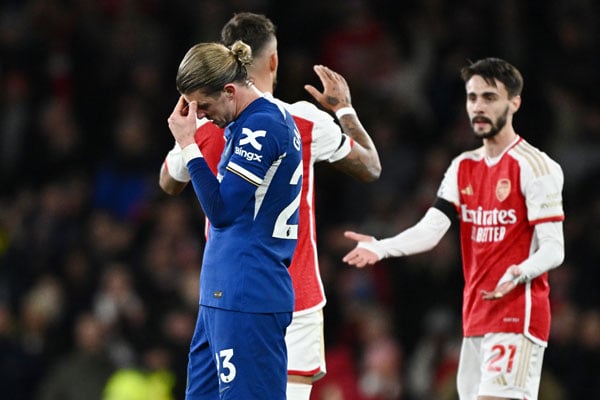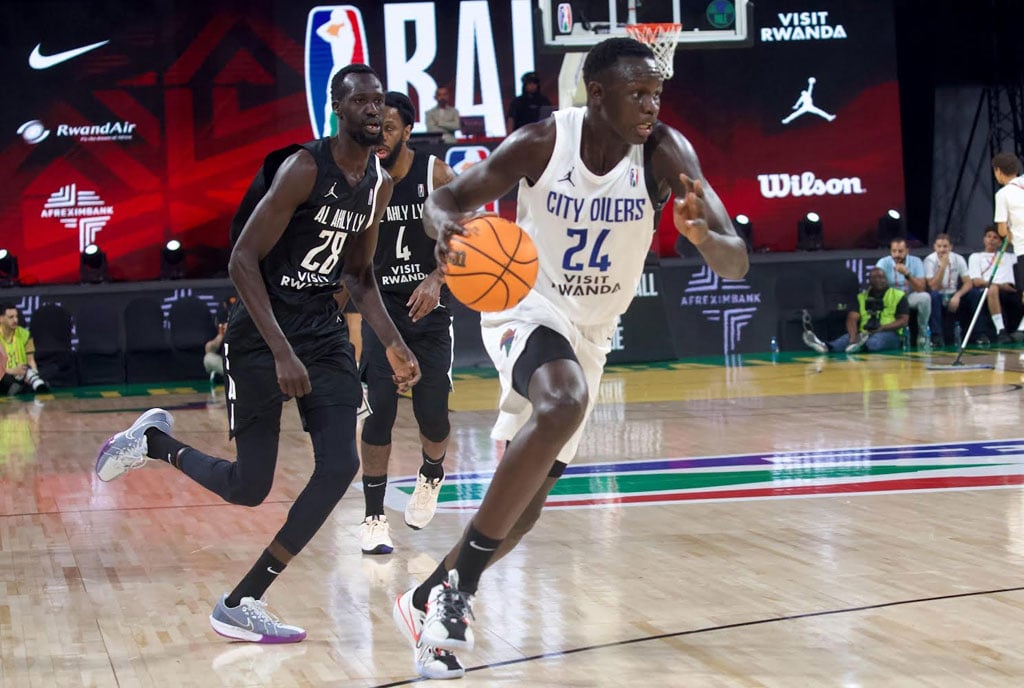Nyakana: I had a tooth removed on fight eve at the 1990 edition in NZ
What you need to know:
- But the officials like Dr James Ssekajugo hated me and when my tooth was removed, many wished I don’t play
- Even after the tournament, they delayed our allowances, giving funny excuses. On the plane I kept giving them trouble, demanding ‘our money’.
Before the Games we were involved in several [regional] tournaments which prepared us for the big occasion, little wonder Uganda and Kenya won four of the 12 gold medals.
In 1989 as we geared up for Fescaba, [the Federation of Eastern, Southern and Central Africa Amateur Boxing Association Championship], there was a conflict in the camp. Some people thought I was too young.
My passport had expired and my doubters wanted to take advantage of that to drop me. But I went to Moses Ali, the then sports minister, and told him my problem: that they wanted to drop me yet I was the national lightweight champ. That Friday the minister called the immigrations office [then still at Crested Towers] and ordered them, ‘I want this boy’s passport today, no matter what.’ I got the passport on Saturday and we travelled Sunday. It was that urgent.
At the Fescaba tournament in Seychelles there was Kenya and Malaw i among others. About 10 countries. We [Uganda] got seven gold medals courtesy of me, Fred Muteweta, Franko Wanyama, Charles Lubulwa, Emmanuel Nsubuga and Eliphers Mubiru.
I got a trophy for being the tournament’s best boxer. We were chilling, mixing…and I heard the announcement. It was massive…to be the best among experienced guys like Lubulwa.
But our team managers were not good managers. On days we didn’t have matches, they gave us mangoes for lunch. Imagine! They didn’t want to spend on our meals.
From there, we went to Bingwa wa Mabingwa tournament in Kenya. The Kenyans beat us. Only I and [Justin] Juuko got gold.
In early 1990 President Omar Bashir [who had just assumed office] invited us to a tournament in Khartoum. The Sudanese were tough. My opponent even knocked me down but I bounced back to win.
So from there we headed for the Commonwealth Games but we were wired because we had had many activities.
But on the plane, I ate too many cakes. They were so delicious. I was young, just 19. So on the eve of my fight my [premolar] tooth was removed.
The following day I stopped the New Zealand captain in the second round. Next I beat a Scot, a Nigerian and an Australian in the final.
Charles Matata and [Abdu Kaddu] Sabata got bronze.
Mind you, that was our first tournament outside Africa. That even partly explains how much talent Uganda has.
The Australian [Justin Rowsell] I beat in the final had beaten a world champion in the semis. But I handled him even when I had a painful right shoulder which I suffered in the semis.
Sekajugo didn’t want me to box
Before reaching Auckland, we spent some days and trained at the airport in Singapore. Then Lubulwa, our captain, caught a serious fever. Minister Moses Ali chose me as the stand-in captain. Immediately, I began my duties: I asked him how much we were to get in allowances—the officials were silent about it. He assured us each would get $1000.
Actually, he had suggested that officials get less, but he left it at a flat rate. My fellow athletes celebrated but officials felt offended.
He also promised an additional $1000 for every gold medal—even bronze winners got, I don’t remember how much.
But the officials like Dr James Ssekajugo hated me and when my tooth was removed, many wished I don’t play.
Even after the tournament, they delayed our allowances, giving funny excuses. On the plane I kept giving them trouble, demanding ‘our money’. At a stopover in Harare, Zimbabwe, I told them ‘now even if you drop us here, we can foot home.’ They hated this noisy boy. They threatened never to call me to the team again. I told them I didn’t want, either.Reaching home, the President [Museveni] added us Shs1m each for the gold medals. It was some good money—it could buy a big plot of land in the Kampala suburbs.
After Auckland, many people abroad were contacting me. But I didn’t know them. I only knew Franko Wanyama, a former teammate, who had shifted to the UK.
Soon I launched my professional career [fighting in Belgium, France, USA], and the foundation was laid in the Commonwealth Games experience.
The Commonwealth is very competitive tournament [no matter the absence of countries like USA, Cuba, Kazakhstan, etc]. A boxer is good no matter where he comes from. I told you the guy I defeated in the final had eliminated world champion in the semis.
So, to any boxer going to the Commonwealth: work hard, be disciplined.




